- Brad Raschke: Infinite Banking Screw The Stock Market 59:39
In this episode, we have invited Brad Raschke, Vice President at Key Retirement Solutions. He is a Small business’s first or second vendor and is typically their group insurance carrier. He manages down on the expense sheet, frees up cash flows, and gets your employees even better coverage than they already have by transitioning the 65+ employees to Medicare when appropriate. Today, Brad guides everyone regarding the insurance policy and cash flows. He will shed light on how money impacts insurance products and the entire ecosystem.
About the Guest
[0:56]
Brad Raschke was originally from Lubbock, Texas and now resides in Geneva, Illinois. Before Moving to Illinois, he was in the food and beverage industry and went into insurance sales. He got in at Allstate, doing home and auto eventually wound up at a captive life and health agency. Now, he is a broker with his best friend Matt Redick and they have five agents in about five different states.
[3:11]
Amid all that kind of insurance experience over the past seven years, he found the Infinite Banking concept. And that was through an economist named Robert Murphy. And now Brad graduated from the Nelson Nash Institute, mentored under James gnarly for a year, and now he is out on his practice and infinite banking with my clients.
Life in Real Estate
[7:45]
For Brad, the best way for your audience may be to consider it a mortgage. Imagine this mortgage where you paid your monthly payments, You increased your equity, and the value of your home was guaranteed never to decrease. And, every time you made a loan repayment, you saw your equity steadily increase. Also, this mortgage company that you’re taking this loan through allows you to take out a second mortgage or to cash out refinance anytime you want.
[9:48]
You can take a HELOC against your rental house anytime you want. But with the HELOC, the interest rates are locked between zero and 8%. And there’s no loan repayment schedule. You never have to repay the loan if you don’t want to. As long as your principal plus interest doesn’t exceed your equity stake, you could float that HELOC loan forever.
Loan and Policy
[11:12]
Remember that you could float a loan forever if your principal plus interest is within your equity stake or your cash value. And then the contract will be canceled, the debt will be wiped, but your death benefit no longer exists. The whole contract is just wiped. You interrupt that compounding interest curve that you have going. Some companies allow you to take a loan and earn interest on your full equity stake even with an outstanding loan.
Cash Value
[14:30]
The value cash value is the net present value of the future death benefit. There’s this future cash flow that the insurance company is on the hook for. The company knows what you will have to pay out in the future. But we’re going to collect premiums until you pass away at 83. And you could take that deal. Your cash value is a feature of the contract that you could completely cash out, take and walk away with. Also, give you the option to take a loan against that cash value. Because then you earn the uninterrupted compounding interest from credited dividends, regardless of outstanding loans.
Leverage in Insurance
[21:19]
The way that these policies are structured, if they’re structured correctly, there will be significant cash value there in year one. You can take a loan from your policy to buy your Christmas payment, so a Christmas presents, right? Normally, people would either pay it on layaway and pay Walmart interest or cash. But if you take that cash and pay an insurance premium, you start an uninterrupted compounding interest curve on that money. Over the next 50 years, that $850. With a compounding interest of 5%. That will turn into over $10,000 of capital I have access to. Now, if I had gone and paid cash, I would have had a camera. But now that I’ve paid a premium first taken a loan, bought the camera, and then paid it back.
Velocity of Money
[25:47]
If you’re a part owner of a company and you have to make sure that you pay with post-tax dollars, respect the modified endowment contract rule, loans are tax-free, and the death benefit is tax-free. And when you take a loan, if your loan you take a personal loan out of your insurance policy and loan that to your LLC, your LLC is going to write all that off. And it’s all profit to your into your mutually owned insurance company.
People Should be Aware of
[29:37]
Capital attracts opportunity. Nelson Nash used to say opportunity will hunt you down if you have access to capital. Just the fact that you have a pool of capital will open your eyes to possibilities that didn’t previously exist. You can turn money through an LLC or an S corp and do it for personal purchases like a $50,000 car or a $200,000 house. Millions of Americans lose 34 and a half cents on every dollar they spend because they use banks to finance their purchases. Nelson uses an analogy in his book becoming your banker of flying a plane. He says if you fly a plane into a 345-mile-an-hour headwind at 100 mph, you’re Moving at 690 mph. That’s 690 miles an hour faster than someone flying into a headwind.
[34:32]
Practicing becoming your banker using dividend-paying your whole life to create your bank is not investing. Capitalization is capitalizing an asset you can leverage against down the road. You can’t think of this as an investment. Because as soon as you do, you will compare it to your portfolio’s interest rate if your portfolio gets 13% This year, your dividends on your policy, or 5%, will look like a paltry return. You can leverage that insurance policy without interrupting the compounding interest to make those purchases.
Borrowing
[40:14]
If you charge someone interest above and beyond what your insurance company is charging you, then you have to count the margin as income on your for IRS purposes. It’s a private loan between you and the insurance company. Nobody knows about it. It doesn’t count against your debt-to-income ratio. You don’t have to report it to anyone.
[42:00]
One of my buddies down in Texas is a different guy. It’s like a lease-to-own situation with his tenants. If they default on the loan, you evict them, and it’s like 100% profit. One of my other buddies in Chicago has a business plan that he’s working on accumulating capital to execute by buying luxury vehicles and renting them out over Turo.
Cost of Insurance
[47:14]
There is a cost of insurance to this. That death benefit has a present-day cost. There are also operational costs, the company president collects a salary, the actuaries are paid well because they’re the geniuses behind the calculations, the customer service team at the home office, they have a building, and they keep the lights on, etc. So all of these contribute to the actual cost of the policy.
Brad’s Advice
[50:06]
Get a good understanding of how much you know. And then, you need to steer to some resources so that you can round out your understanding. This relationship between my clients and me is more like a coach. Hopefully, Brad will coach you until the good Lord calls me home. But if something happens to me three days from now, you need to know how to utilize this asset. You have to think long-term to do this. Always have a complete understanding of this before we ever even pull the trigger on an application to the company. Maybe not a full that’s an exaggeration, but they must see the long-term worth. Nelson always said it’s caught not taught.
Connect with Brad Raschke:
LinkedIn: https://www.linkedin.com/in/krsbrad
Instagram: https://www.instagram.com/local.liberty.dad
Connect with us Legado Invest
Website: http://legadoinvest.com/invest




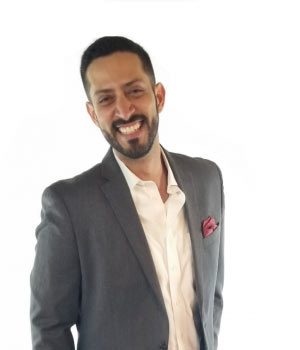

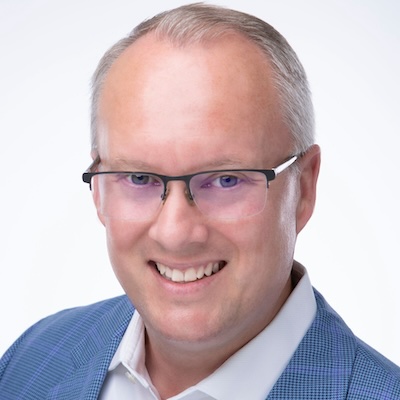
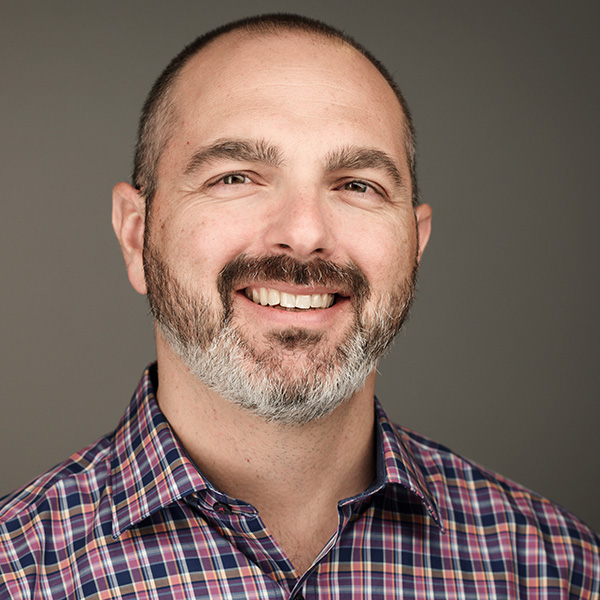
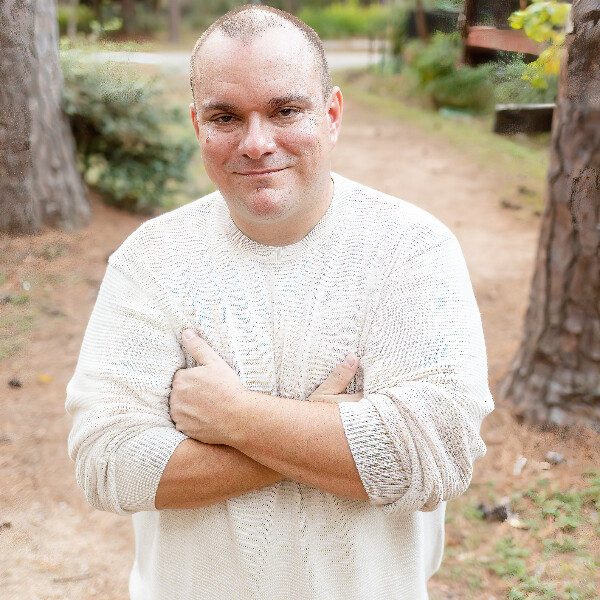



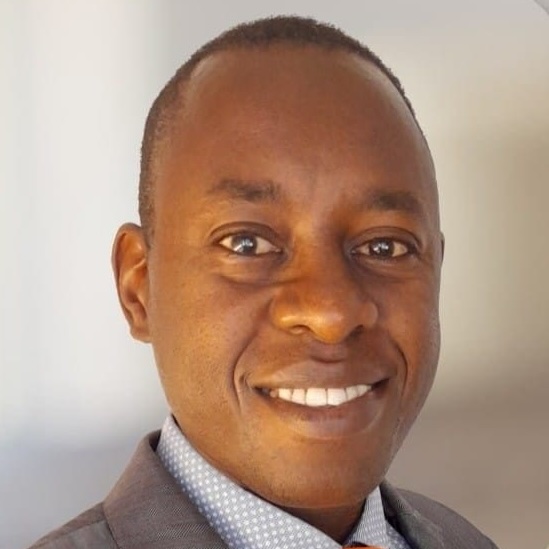
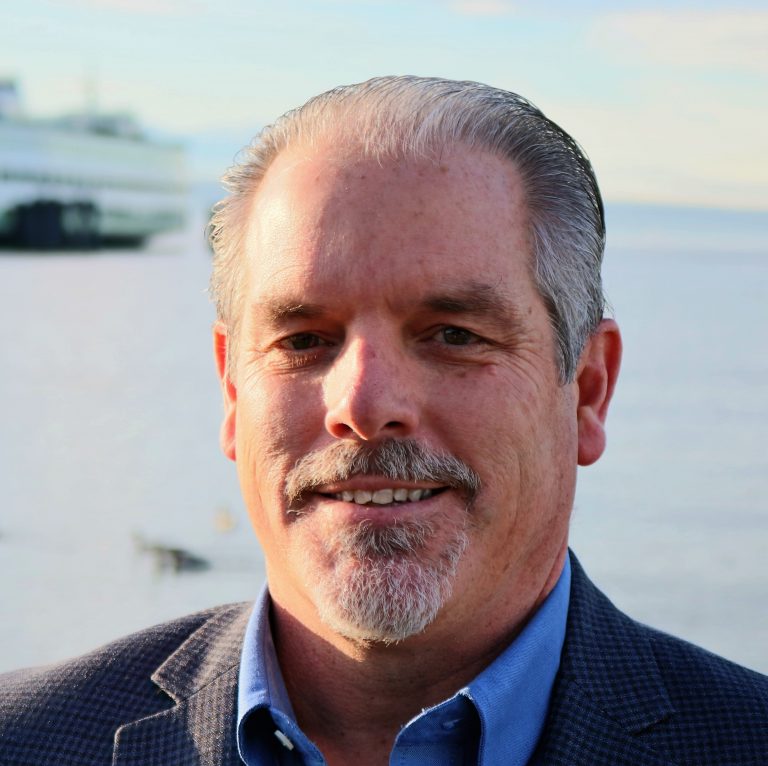


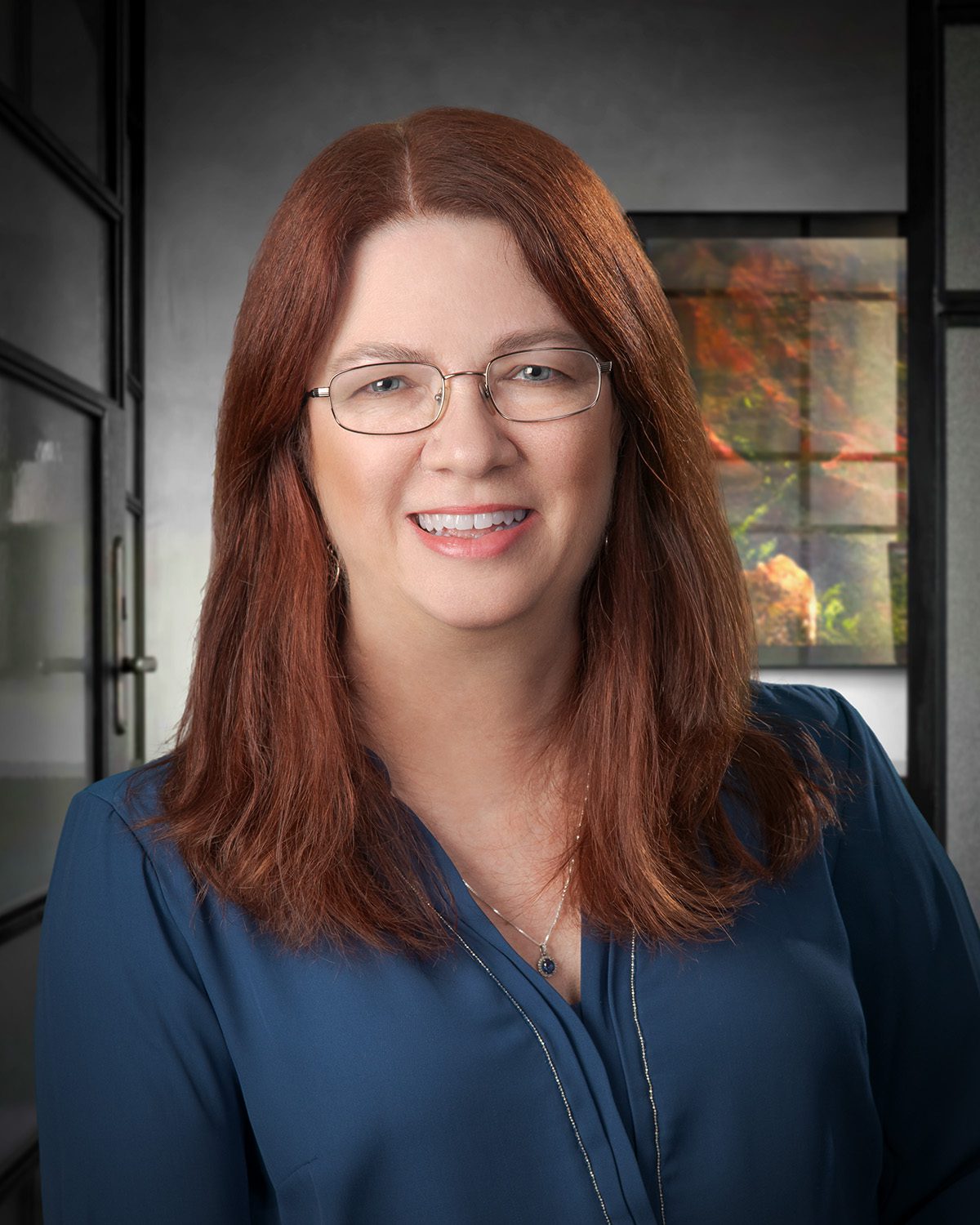

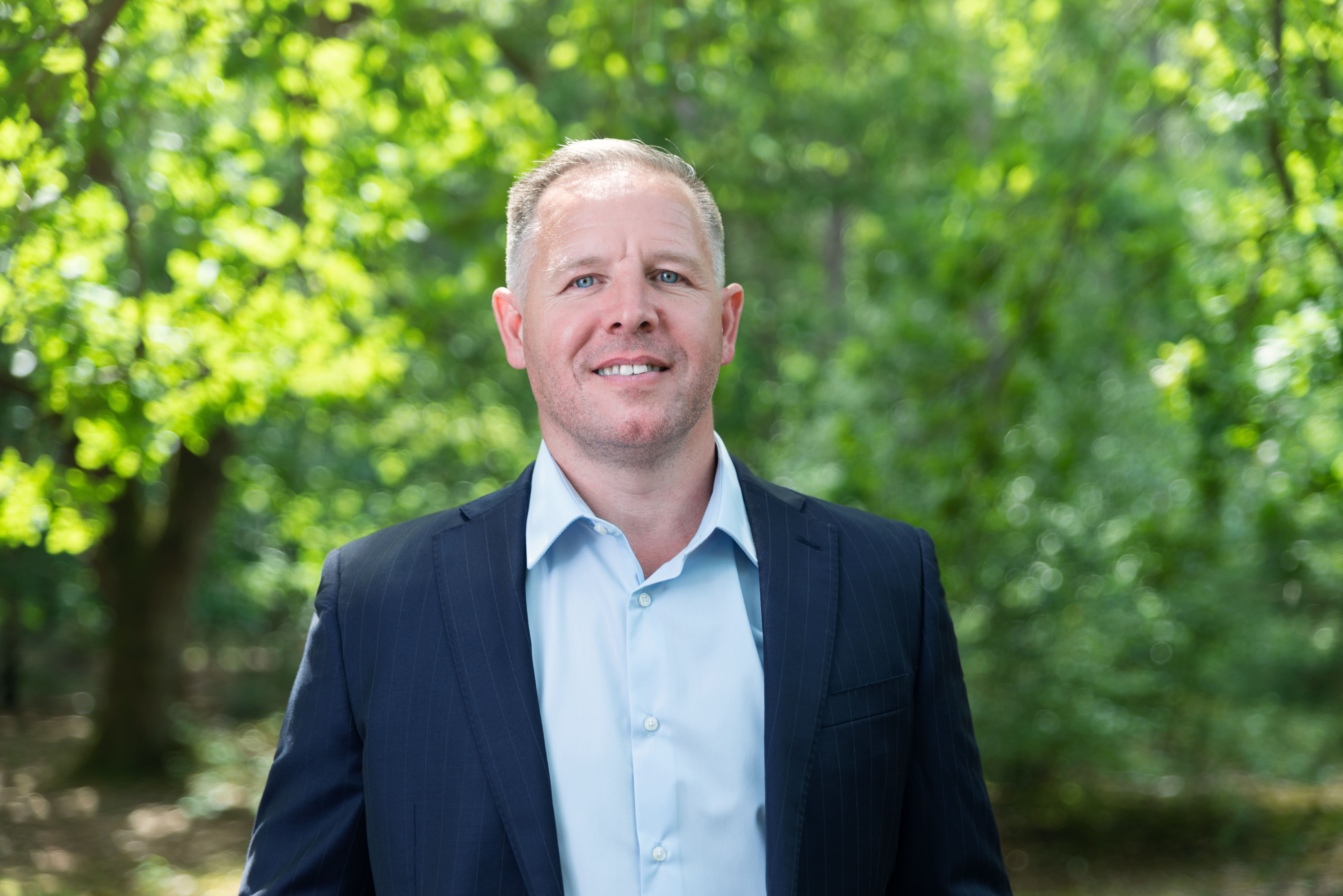

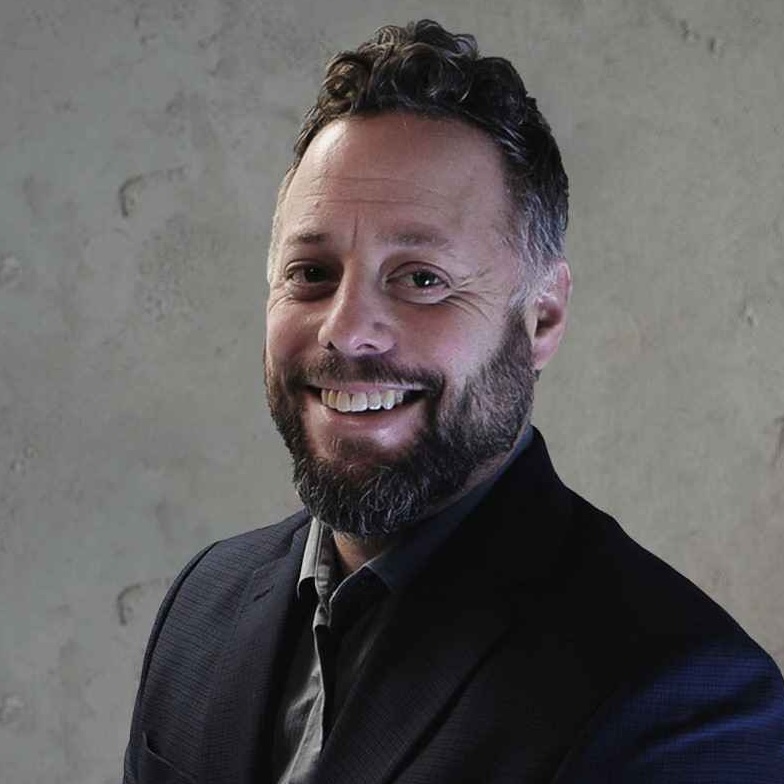
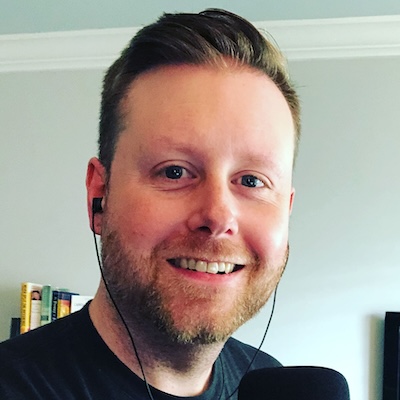
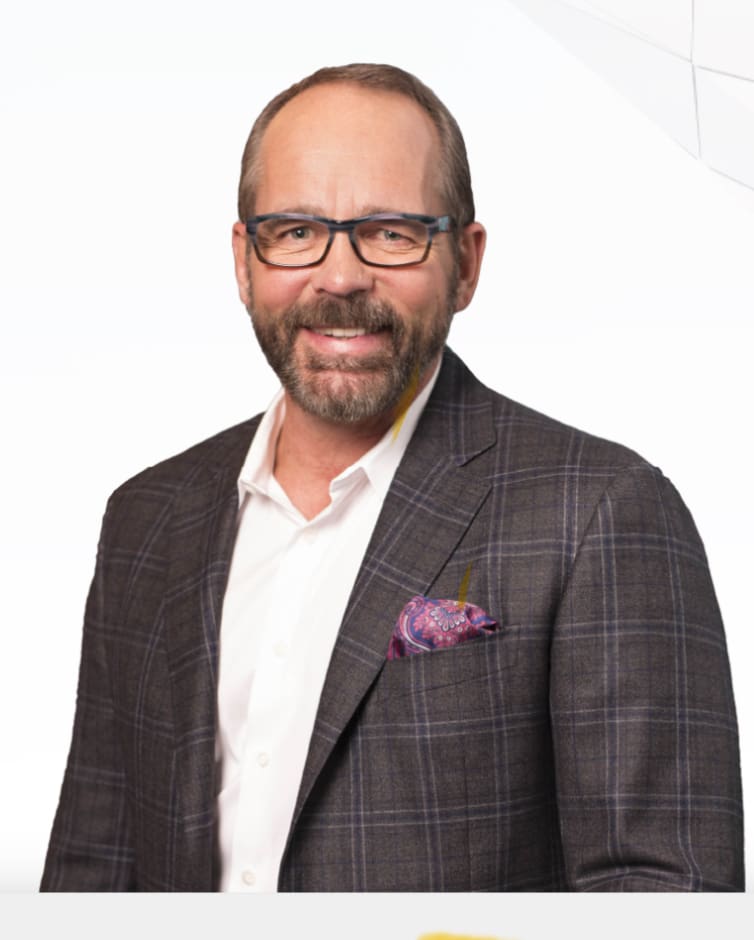


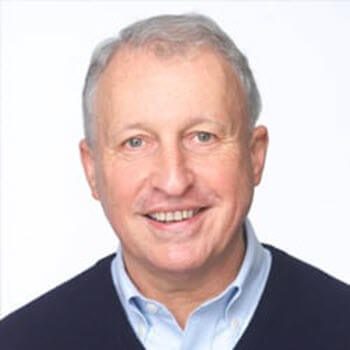


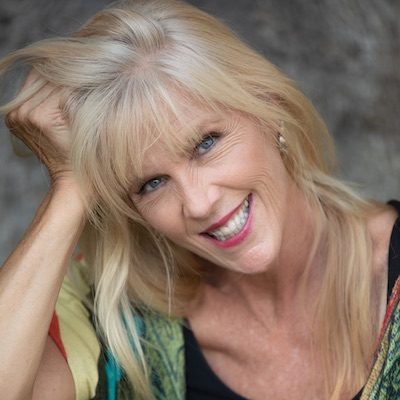

Already a Member? Login Here.
Not Yet a Member? Join the Conversation Today!